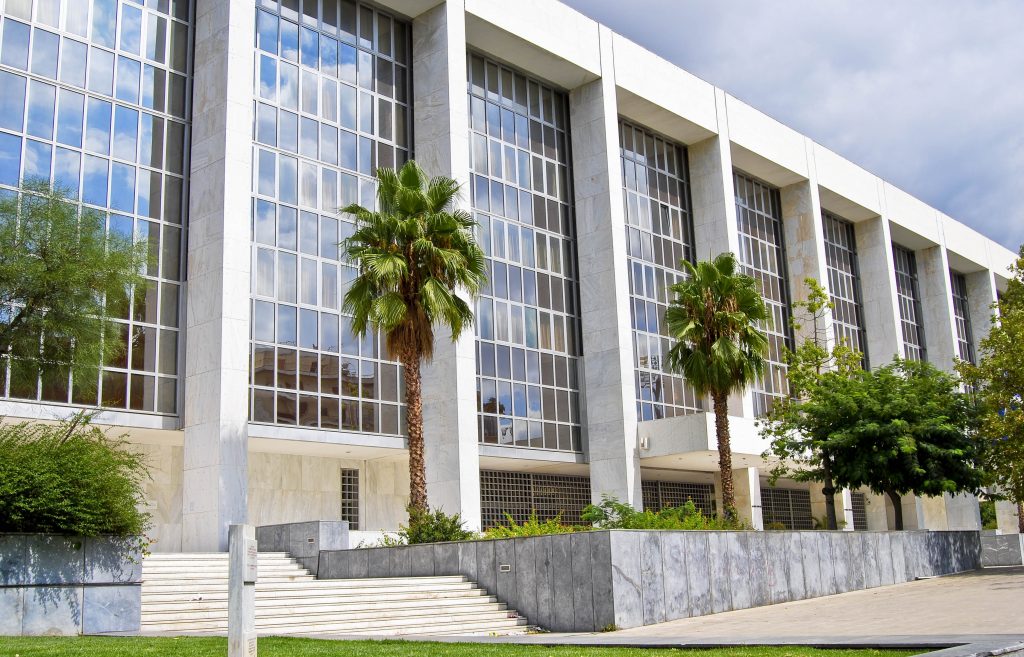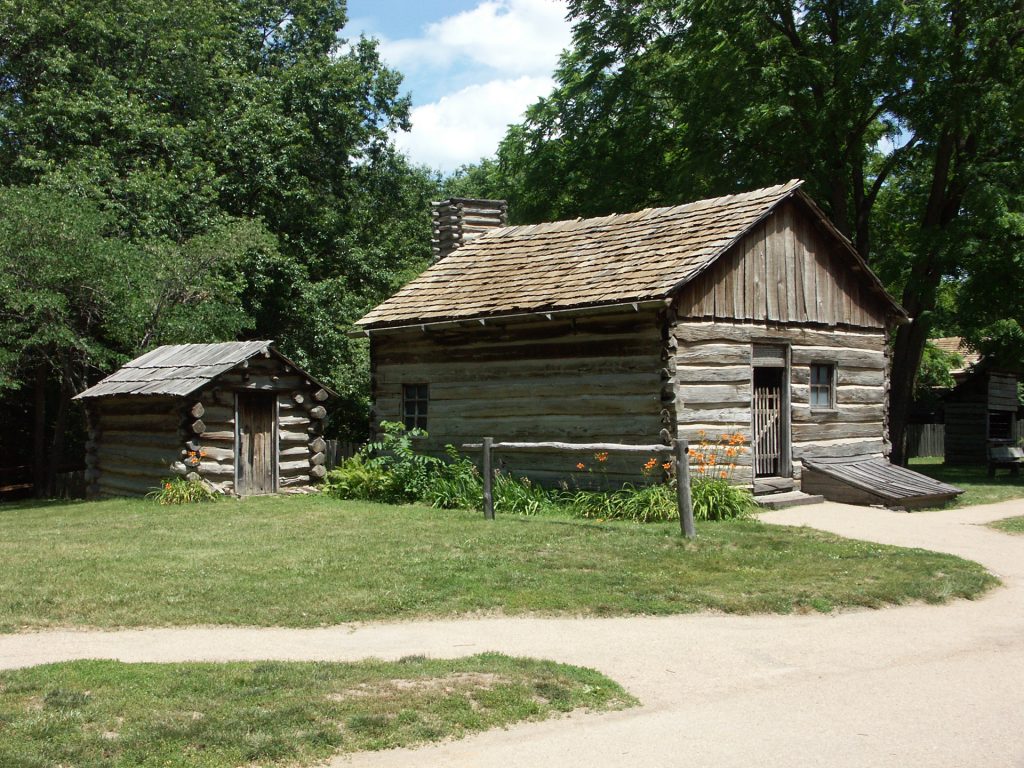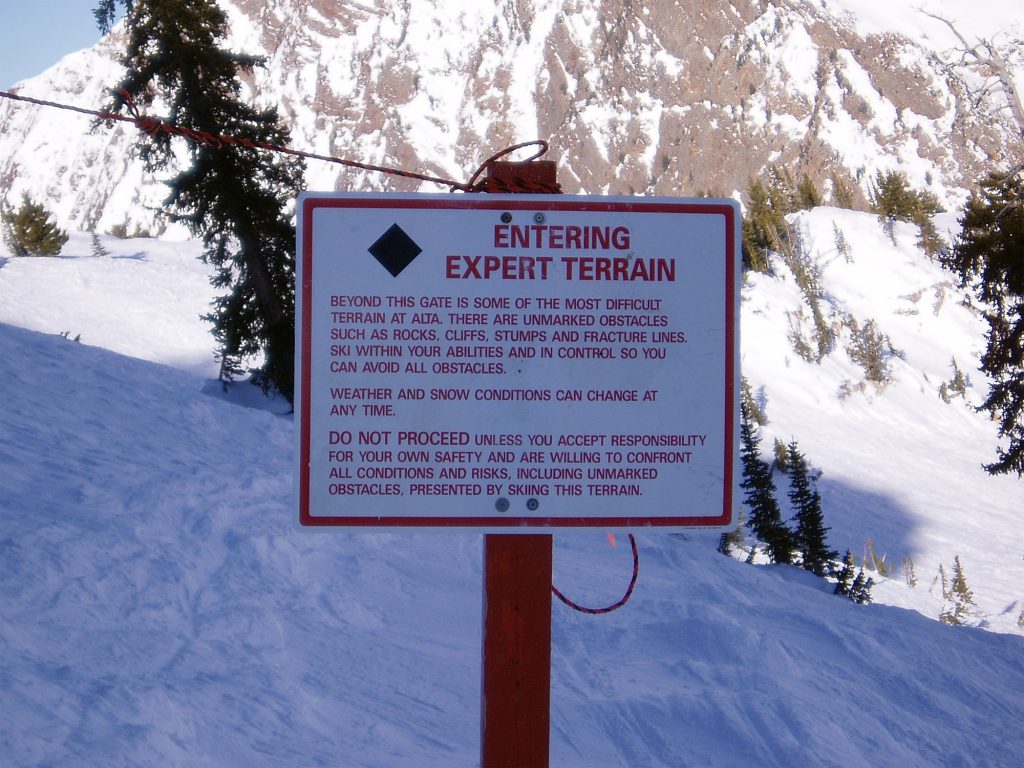 When a person is injured, a countdown begins. If you think you have a lawsuit, you need to file that lawsuit within a certain amount of time or else you will lose the right to that claim. Similar to what some states would call a statute of limitations, Louisiana uses something called “liberative prescription” or just “prescription.” Under this legal doctrine, after a certain amount of time has passed, a plaintiff can no longer bring their claim. The claim is treated as if it never came into being. In some cases, this period is one year. See La. C.C. art. 3492. A defendant can avoid a claim that has passed this period under the defense of peremptory exception, which dismisses a claim for being untimely filed. For some plaintiffs, there is relief in the form of the legal doctrine contra non valentum. Under this idea, the time period to bring a claim does not begin on the day the injury occurred but rather when the person realizes what has happened with enough certainty to file a lawsuit. See Bailey v. Khoury, 891 So.2d 1268 (La. 2005). Prescription exists to keep parties from being surprised by claims from events that have happened years in the past. Contra non valentum likely exists to help people who have been prevented in some way from discovering exactly who or what has caused their injury.
When a person is injured, a countdown begins. If you think you have a lawsuit, you need to file that lawsuit within a certain amount of time or else you will lose the right to that claim. Similar to what some states would call a statute of limitations, Louisiana uses something called “liberative prescription” or just “prescription.” Under this legal doctrine, after a certain amount of time has passed, a plaintiff can no longer bring their claim. The claim is treated as if it never came into being. In some cases, this period is one year. See La. C.C. art. 3492. A defendant can avoid a claim that has passed this period under the defense of peremptory exception, which dismisses a claim for being untimely filed. For some plaintiffs, there is relief in the form of the legal doctrine contra non valentum. Under this idea, the time period to bring a claim does not begin on the day the injury occurred but rather when the person realizes what has happened with enough certainty to file a lawsuit. See Bailey v. Khoury, 891 So.2d 1268 (La. 2005). Prescription exists to keep parties from being surprised by claims from events that have happened years in the past. Contra non valentum likely exists to help people who have been prevented in some way from discovering exactly who or what has caused their injury.
The Louisiana Fifth Circuit Court of Appeal recently applied these legal theories on a work-related illness. Natividad Tenorio worked from 1981 to 1988 in his employer’s (Alpha Technical Service) yard removing radioactive substances (oilfield-generated radiation or OGR) from oil and gas pipes. In November 2009, Mr. Tenorio was diagnosed with throat cancer. In 2013, a former co-worker informed Mr. Tenorio about the dangerous airborne radiation to which the workers had been exposed during that period of years. One year later, Mr. Tenorio brought a lawsuit against numerous gas and oil companies that had used the radiation-generating pipes. The Defendants asserted their affirmative defense of peremptory exception under the notion that the time period for prescription had passed. The Trial Court sided with the Defendants and dismissed the lawsuit; Mr. Tenorio appealed.
On appeal, Mr. Tenorio argued that the Trial Court should not have deemed his lawsuit “prescribed” after only one year. He claimed that the grace period should have been extended under the theory of contra non valentum since he did not discover that his work put him at risk of cancer until four years after his diagnosis. Defendants argued that Mr. Tenorio should have known the cause within the year following his diagnosis and that he did not show any evidence of anything that may have prevented him from discovering that the radiation from his former job led to his cancer. The Court of Appeal noted that under these circumstances, the burden of proving that his claim was not prescribed rested with Mr. Tenorio. As such, he offered evidence that showed he only found out about the radiation in 2013. However, the Court of Appeal found for the Defendants, reasoning that when a person fails to realize that he or she has a potential claim through only his or her own neglect or ignorance, that person should not be granted a grace period. Moreover, a year-long prescription period in a personal injury case such as this one is deemed to begin when a plaintiff knows or should know the relevant facts. The Court of Appeal believed that Mr. Tenorio should have researched possible causes of his cancer immediately after the diagnosis in order to be able to begin his lawsuit within that first year. But because he did not, the Court of Appeal found that Mr. Tenorio was unreasonably late in filing his lawsuit and the Trial Court’s dismissal of his claim was upheld.
 Louisiana Personal Injury Lawyer Blog
Louisiana Personal Injury Lawyer Blog


 Good news for professionals; potentially bad news for consumers. Affixing a professional seal to a document does not alone expose a professional to liability if the professional does not directly offer any services to the consumer. The Louisiana Fourth Circuit Court of Appeal recently heard a case that dealt with this very issue.
Good news for professionals; potentially bad news for consumers. Affixing a professional seal to a document does not alone expose a professional to liability if the professional does not directly offer any services to the consumer. The Louisiana Fourth Circuit Court of Appeal recently heard a case that dealt with this very issue. Class action lawsuits are nontraditional litigation procedures. The ultimate purpose is to not only get relief for a defined class of persons but also a relief for all others similarly situated. See
Class action lawsuits are nontraditional litigation procedures. The ultimate purpose is to not only get relief for a defined class of persons but also a relief for all others similarly situated. See  One important process in our legal system is the ability to petition a higher court to review a lower court’s decision that you feel was wrongly decided. This appellate process is vital in making sure justice is upheld because it allows a losing party in a lawsuit to get a second opinion on how the particular issues of their case were handled. However, as with most other court procedures, the process of appealing a case can be complicated. Seeking counsel from an excellent attorney can make all the difference in whether your case succeeds or fails.
One important process in our legal system is the ability to petition a higher court to review a lower court’s decision that you feel was wrongly decided. This appellate process is vital in making sure justice is upheld because it allows a losing party in a lawsuit to get a second opinion on how the particular issues of their case were handled. However, as with most other court procedures, the process of appealing a case can be complicated. Seeking counsel from an excellent attorney can make all the difference in whether your case succeeds or fails. When entering into a contract it is important to read all the terms, especially the general provisions near the end of the agreement. Oftentimes those provisions state that a party must waive their right to a jury trial and settle all disputes arising from the contract by arbitration. Arbitration is an alternative to the judicial system when it comes to settling disputes. Each party chooses an arbitrator, which is usually a lawyer or former judge with experience in the subject matter, and then agree on a third, neutral arbitrator to comprise a panel. Generally, their decision is binding and final. It pays to hire a good attorney if you find yourself on the wrong end of an arbitration decision.
When entering into a contract it is important to read all the terms, especially the general provisions near the end of the agreement. Oftentimes those provisions state that a party must waive their right to a jury trial and settle all disputes arising from the contract by arbitration. Arbitration is an alternative to the judicial system when it comes to settling disputes. Each party chooses an arbitrator, which is usually a lawyer or former judge with experience in the subject matter, and then agree on a third, neutral arbitrator to comprise a panel. Generally, their decision is binding and final. It pays to hire a good attorney if you find yourself on the wrong end of an arbitration decision. Insurance is such a lucrative business because while almost everyone will purchase some form of it, very few will ever make a claim against the insurance company, and even fewer will be successful. This allows insurance companies to generate huge profits on premiums paid by policyholders. Unsurprisingly, those who do make claims against insurance companies can count on being challenged at every turn, as the insurance companies will hire some of the best attorneys in order to avoid shelling out a dime to cover the policyholder. That is exactly what happened when Shelter Mutual Insurance Company became a party to a suit brought by a University of Louisiana Lafayette student after her professor, the insured, went on a tirade in class.
Insurance is such a lucrative business because while almost everyone will purchase some form of it, very few will ever make a claim against the insurance company, and even fewer will be successful. This allows insurance companies to generate huge profits on premiums paid by policyholders. Unsurprisingly, those who do make claims against insurance companies can count on being challenged at every turn, as the insurance companies will hire some of the best attorneys in order to avoid shelling out a dime to cover the policyholder. That is exactly what happened when Shelter Mutual Insurance Company became a party to a suit brought by a University of Louisiana Lafayette student after her professor, the insured, went on a tirade in class. Minor car accidents occur on a daily basis. Many of us have probably been involved in a fender bender or two, ourselves. The usual course of action includes exchanging information and getting insurance companies involved, but even the smallest car accidents can lead to litigation. It is imperative to understand everything that is necessary in order to prevail at trial in such matters. Unfortunately for one plaintiff in Crowley, Louisiana, the complexities involved with these seemingly small lawsuits left him unable to overcome his burden of proof at trial.
Minor car accidents occur on a daily basis. Many of us have probably been involved in a fender bender or two, ourselves. The usual course of action includes exchanging information and getting insurance companies involved, but even the smallest car accidents can lead to litigation. It is imperative to understand everything that is necessary in order to prevail at trial in such matters. Unfortunately for one plaintiff in Crowley, Louisiana, the complexities involved with these seemingly small lawsuits left him unable to overcome his burden of proof at trial. Parties to a lawsuit are required to submit evidence in support of their claim. Depending on the piece of evidence, the court may demand very specific evidence; and in such circumstances, complying with the mere spirit of the order to produce evidence may not be enough for the court. A party who does not provide the evidence requested by the court may be held in contempt as one Louisiana plaintiff recently found out the hard way.
Parties to a lawsuit are required to submit evidence in support of their claim. Depending on the piece of evidence, the court may demand very specific evidence; and in such circumstances, complying with the mere spirit of the order to produce evidence may not be enough for the court. A party who does not provide the evidence requested by the court may be held in contempt as one Louisiana plaintiff recently found out the hard way.  When asserting a cause of action or maintaining certain legal defenses in court, parties bear the burden of proving their case. This is done by presenting evidence to the court such as documents and witness testimony. Often, certain issues will require the court to make findings of fact which require scientific expertise or specialized knowledge. Expert witnesses assist the trial court in understanding complex issues of fact that could be determinative to the outcome of a case. A recent decision discusses how a court qualifies experts and utilizes their testimony.
When asserting a cause of action or maintaining certain legal defenses in court, parties bear the burden of proving their case. This is done by presenting evidence to the court such as documents and witness testimony. Often, certain issues will require the court to make findings of fact which require scientific expertise or specialized knowledge. Expert witnesses assist the trial court in understanding complex issues of fact that could be determinative to the outcome of a case. A recent decision discusses how a court qualifies experts and utilizes their testimony. Failing to name all potentially liable parties in a lawsuit in a timely manner could result in the loss of the right to add those parties to the lawsuit at all. A case out of Avoyelles Parish, Louisiana illustrates the importance of finding a good lawyer after an automobile accident to ensure that all potentially liable parties are named before it is too late.
Failing to name all potentially liable parties in a lawsuit in a timely manner could result in the loss of the right to add those parties to the lawsuit at all. A case out of Avoyelles Parish, Louisiana illustrates the importance of finding a good lawyer after an automobile accident to ensure that all potentially liable parties are named before it is too late.